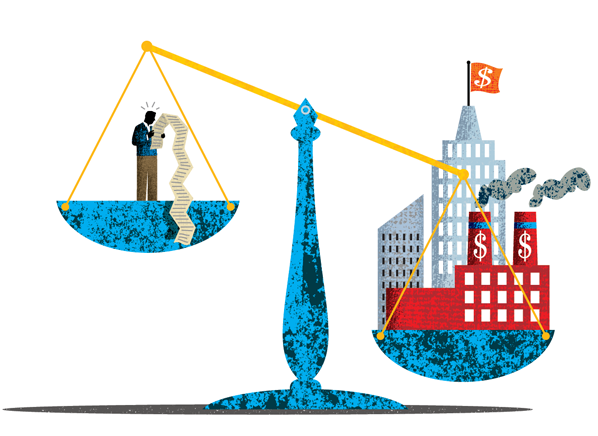
PRACTITIONER BLOG
Read our analyses of developments in Impact Litigation and stay current on class action law

Impact Fund Applauds House Passage of FAIR Act Bill, Limiting Forced Arbitration
The FAIR Act would invalidate any agreements requiring arbitration of employment, consumer, antitrust, or civil rights claims. This means that a court could not order arbitration of any legal claim arising in those contexts; instead, plaintiffs could pursue their cases in court. The bill explicitly outlaws class or collective action waivers, thereby ensuring that group actions can remain powerful mechanisms to achieve justice.

Toothless Rights: How Forced Arbitration and Class Action Waivers Undermine Civil Rights at Work
Class and collective action empowers those that share the same experiences and injuries to stand together and assert their rights as a group, and they are critical to achieving widespread, systemic change. Class action waivers in mandatory arbitration agreements can erase all of these benefits, requiring employees to pursue their claims through individual arbitration.
But a series of Supreme Court decisions since the early 1980’s has largely sanctioned and accelerated the propagation of forced arbitration, including agreements that prohibit class litigation.

Epic Systems And The Erosion Of Federal Class Actions
Epic Systems expanded Concepcion, concluding that federal labor law does not block arbitration class waivers, rendering them permissible in the employment context, too. Justice Ruth Bader Ginsburg noted that this additional barrier will lead to the under-enforcement of employment law stemming from this restriction on collective power, as has already happened in the consumer context.
